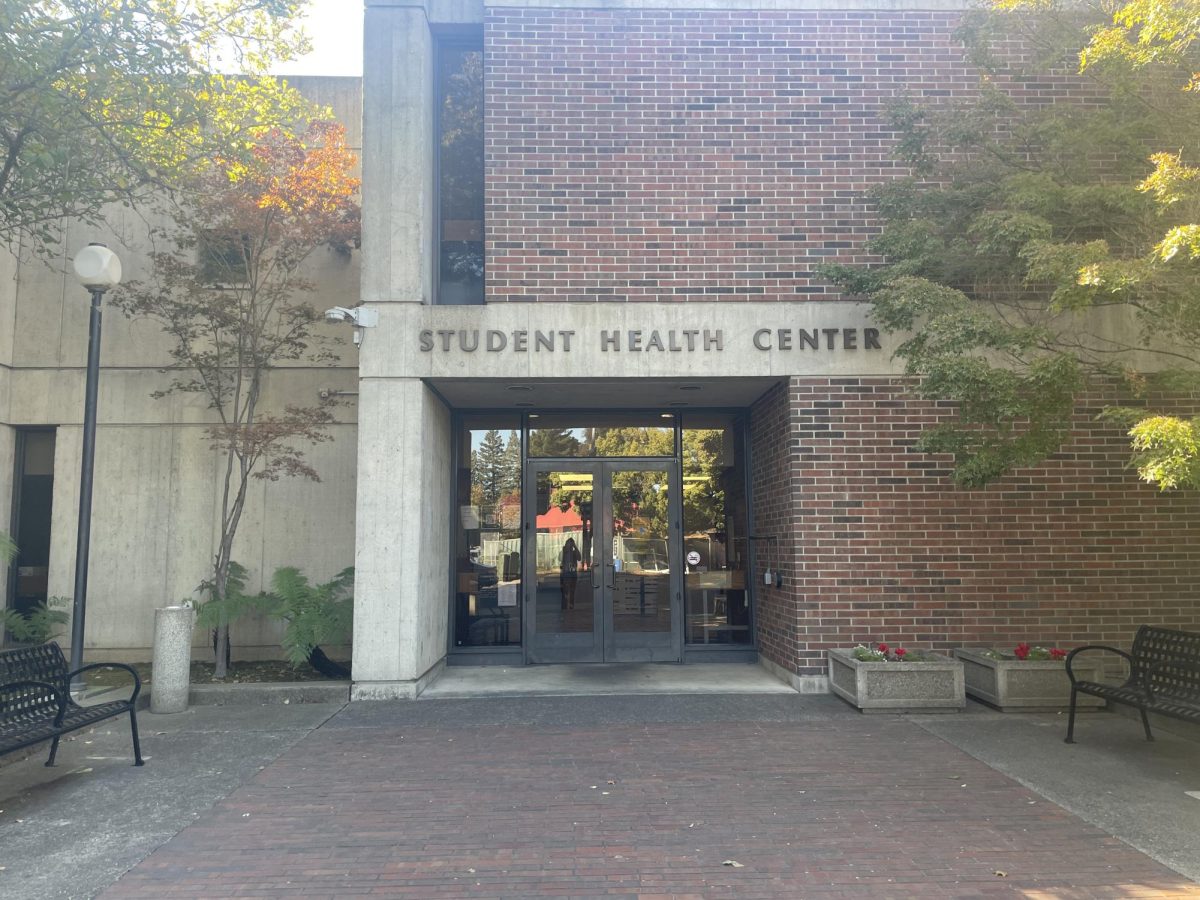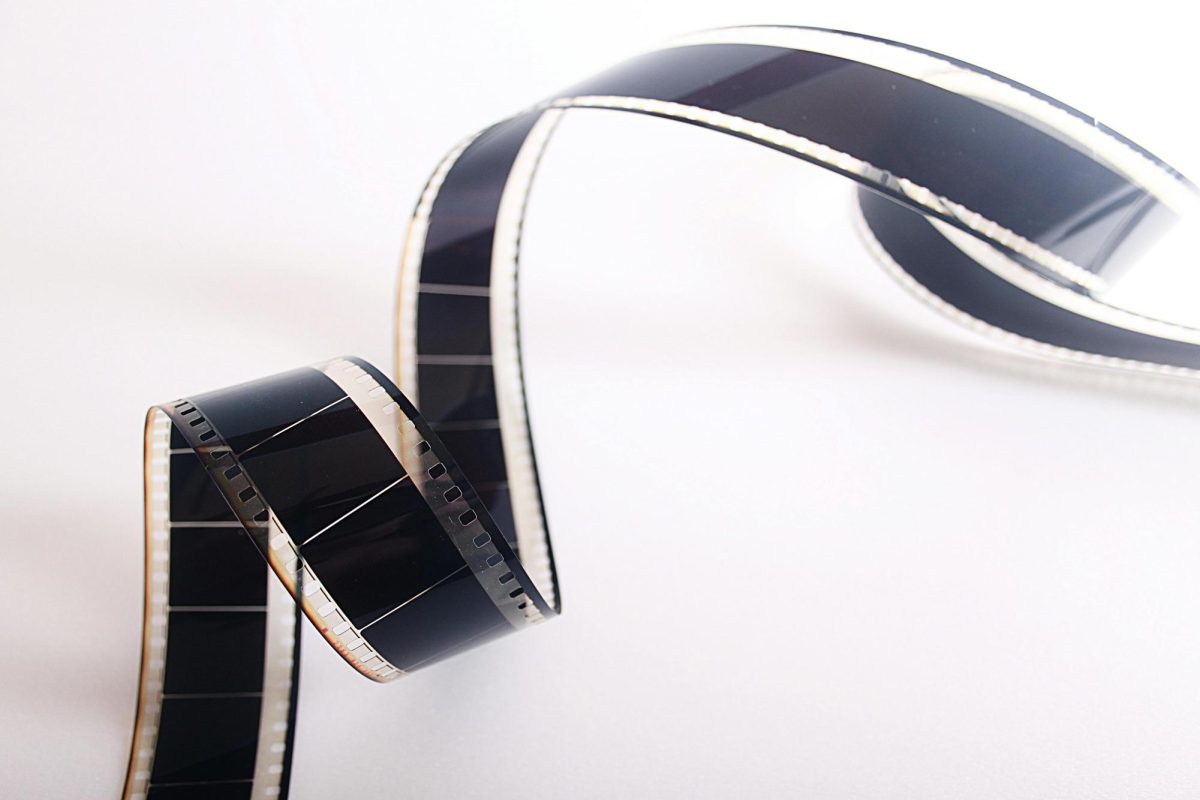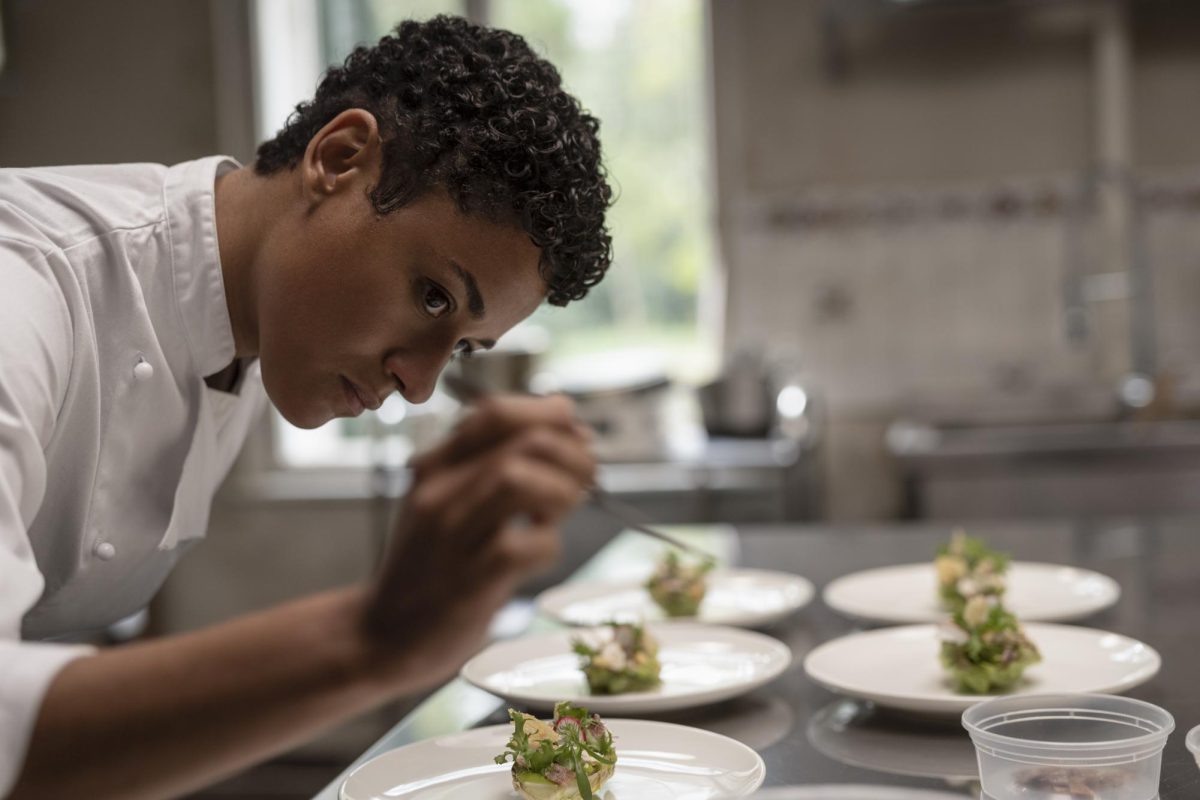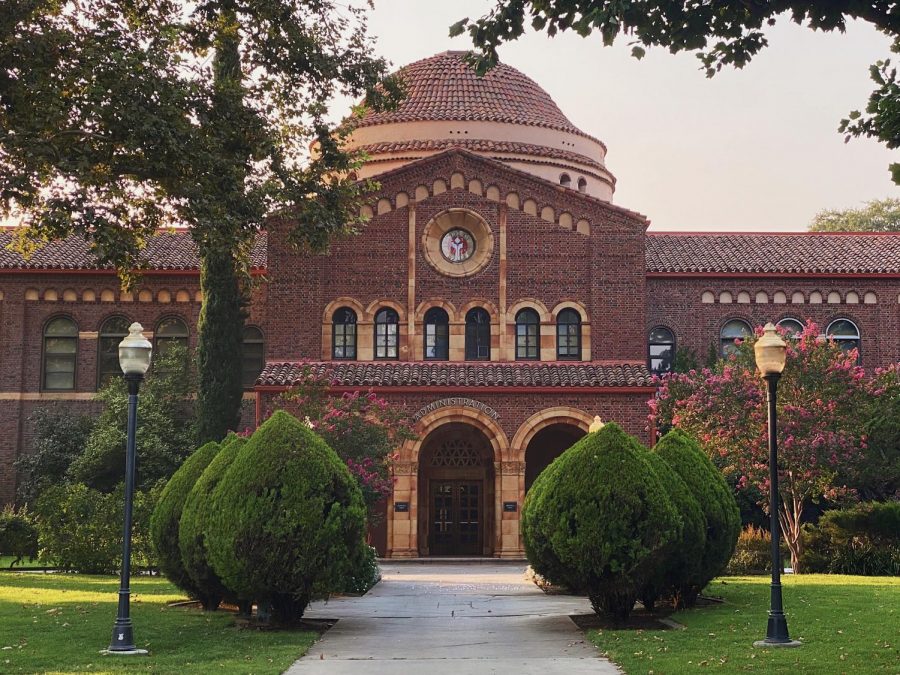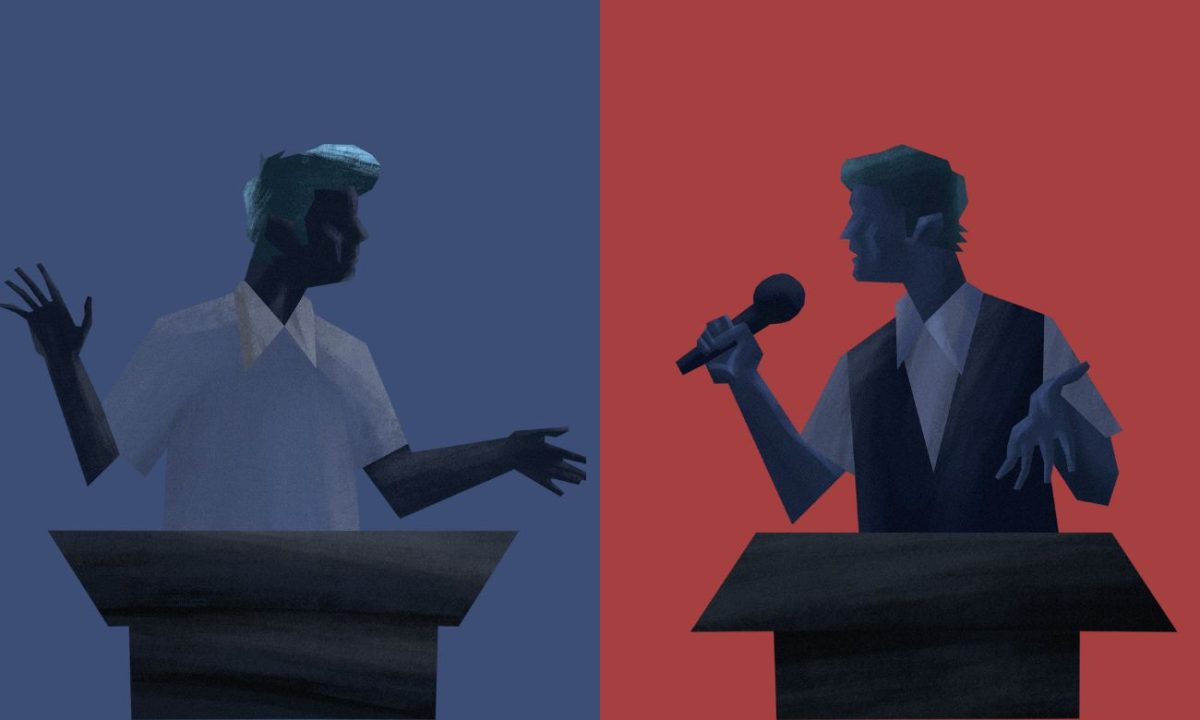
Chico State recycled more than 800,000 pounds of material last year and has been recognized as a sustainable campus. But just a few blocks away, recycling is non-existent at some apartment complexes.
When Rebecca Granieri, sophomore psychology major, moved to Chico, she was surprised to find that her apartment on Mechoopda Street didn’t have any recycling bins.
“I didn’t like it because I’m so used to having recycling. Where I’m from in the Bay Area, it’s just a thing that we do,” Granieri said. “It’s so weird for me not to have that, I feel like I’m being very wasteful.”
She added that there is only one garbage bin at her complex that quickly becomes full because it’s also used by other apartments.
Since there is no recycling, Granieri and her roommates keep bags of recyclables on their balcony. They have two bags so far and plan on taking them somewhere to recycle, such as the Safeway on Nord Avenue, she said.
Other students across town want to recycle at home but end up throwing everything in the trash because there aren’t any recycling bins.

Stephanie Lesher, sophomore English major, lives at Nord Gardens where there also aren’t any recycling bins.
“I was confused at first because I know Chico State is becoming a no-waste campus,” Lesher said, “So it surprised me that there was no recycling.”
Students that want to recycle have several options across town, according to Jesus Torres, Chico State recycling coordinator. AS Recycling collects any recyclables on Saturdays from 10 a.m. to 2 p.m. at its building on Cherry Street, but it cannot give out money for them.
The recycling centers at either Safeway on Mangrove Avenue or Nord Avenue and Fair Street Recycling give out money in exchange for bottles or cans. There is a full list of recycling centers in Chico on the Butte County website.
In response to the lack of recycling at some apartments, Torres said they are required by law to provide it.
In September 2011, Gov. Jerry Brown signed the Renters Right to Recycle Act, which requires complexes with five or more units to provide recycling unless they get an exemption.
Research that went into passing the law stated that:
- Only 40 percent of apartment complexes statewide provide recycling, and 70 percent of single-family homes have it.
- In apartment complexes, only 15 percent of waste is recycled, compared to single family homes where 50 percent is recycled.
- More than seven million people live in large apartment complexes statewide.
The availability of recycling varies between residences citywide, even among places owned by the same rental agency.
According to Megan Godfrey, secretary for Chico Sierra Real Estate Management, there are recycling bins at every property where the trash bill is included with rent. If tenants have to pay for trash themselves, then it’s up to them to contact waste management and set up recycling.
As for recycling at Chico State, Torres said it’s more prevalent on campus than the rest of the city because of the large student-led effort to recycle.
“I think sustainability is huge on our campus,” Torres said. “It all goes back to the students really powering this whole composting and recycling effort— it’s great.”
Chico State recycled 712,000 pounds of material in 2012, and that jumped to 812,000 pounds last year. Torres credits the increase to more recycling bins and composting food scraps. In 2012, there were 70 outdoor recycling bins, now there are 114.
Old binders and notebooks are also recycled on campus. If a notebook still has blank pages, the ones with notes will be ripped out and students can then get it for free, he said.
To make recycling easier, new recycling bins are being placed across campus. The so-called three-in-one stations will have one can for trash, recycling and paper. They will also have signs to identify what is recyclable and what is not.
The new stations are being put in to standardize recycling at Chico State after a student survey last year found 20 different kinds of recycling bins on campus, he said.
He stressed that it’s important to educate students on how to recycle.
“What we’re finding is that most students want to recycle, but they end up throwing things that might not necessarily be recyclable,” Torres said.
Austin Herbaugh can be reached at [email protected] or @aherbaugh14 on Twitter.



